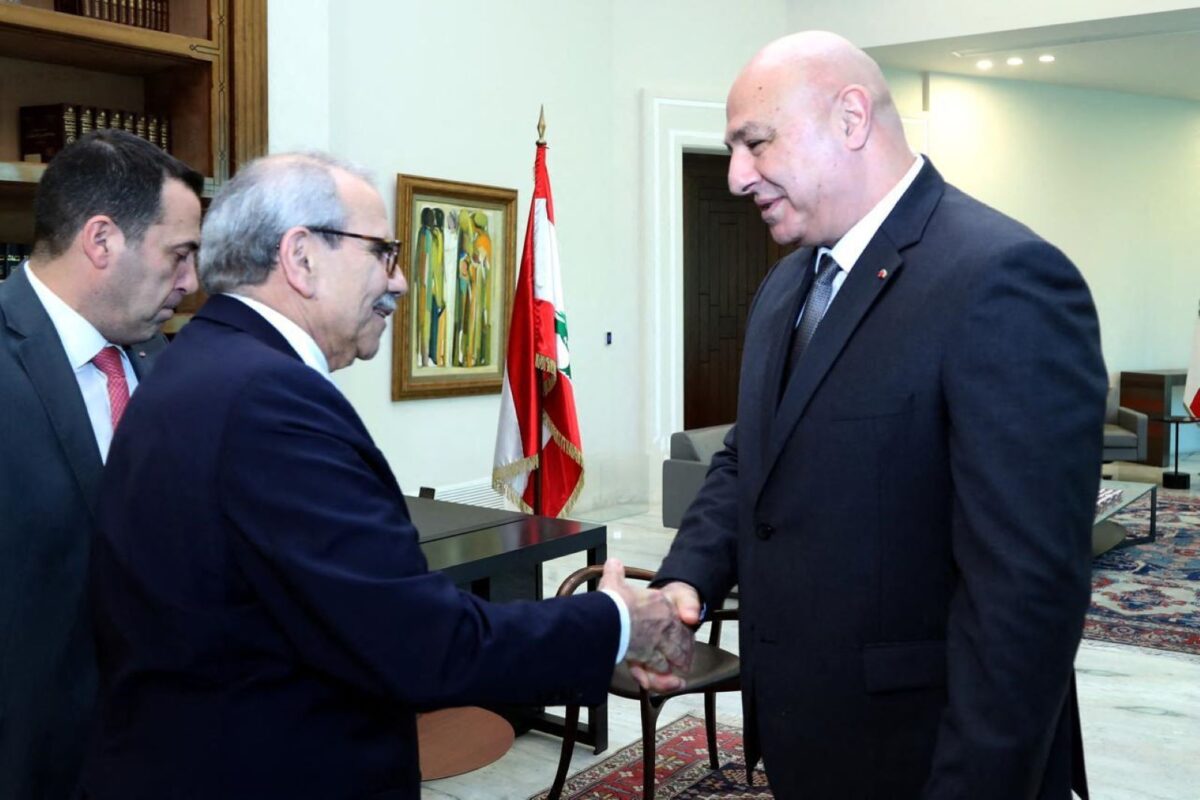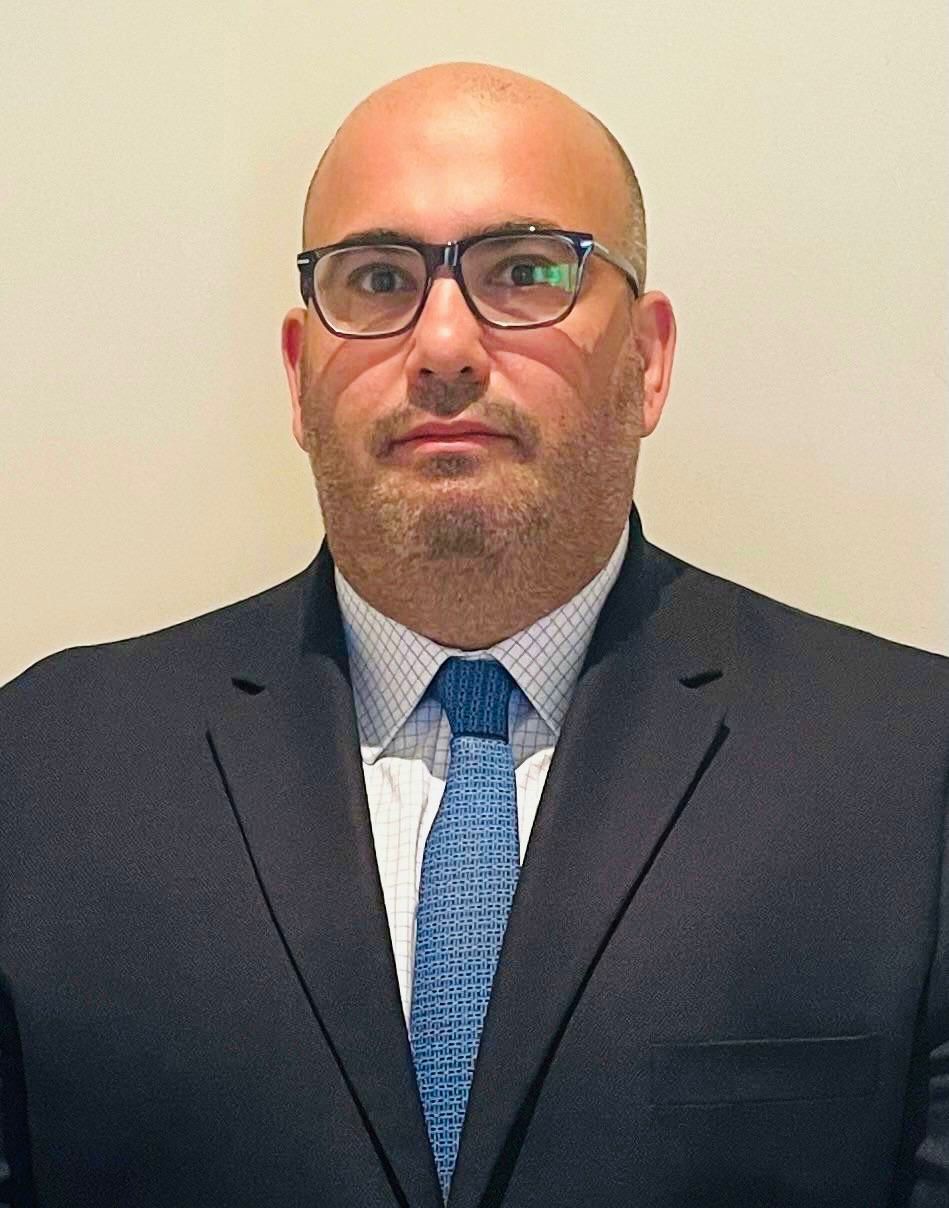
With President Joseph Aoun's election and Nawaf Salam's as Prime Minister-Designate, there is a sense of cautious optimism in Lebanon: media reports mention potential candidates for ministerial posts with impressive credentials and international experience, while others lobby for positions. What are the sources of this newfound hope in Lebanon?
Prime Minister Rafik Hariri undeniably had a vision that significantly shaped Lebanon’s postwar political economy. While this vision sparked both agreement and dissent since 1992, Hariri took deliberate steps to implement it by appointing ministers and technical advisors from foreign universities, management consulting firms, and international organizations. Figures like the late Bassel Fleihan and Mohamad Chatah exemplified this approach. In a country ravaged by a 15-year civil war and suffering from a severe brain drain, such appointments were predictable. However, this trend persisted even after Hariri’s assassination in 2005, with successive governments, including ministers and advisors from investment banks, academia, the IMF, and the World Bank.
Lebanon’s compounded crises, such as the expansion of Hezbollah’s power, increasing Iranian influence, and the Beirut port explosion, discouraged many successful Lebanese expatriates from engaging with the political elite or joining recent governments. Some instead chose to support emerging political groups, while others focused on humanitarian initiatives. These developments unfolded as Lebanon’s political system faced a growing legitimacy crisis, epitomized by the widespread embrace of the slogan: “All of them means all of them.”
Today, with President Joseph Aoun’s election and Nawaf Salam’s as Prime Minister-Designate, there is a sense of cautious optimism. Media reports mention potential candidates for ministerial posts with impressive credentials and international experience, while others lobby for positions. So, what has changed? What are the sources of this newfound hope in Lebanon? Is it President Aoun’s successful track record as Army Commander, especially during crises? Is it the appointment of PM Salam, who is known for his impressive credentials? Or is it Saudi Arabia’s and other countries’ renewed interest in Lebanon’s internal affairs, as evidenced by recent developments?
Perhaps the answer lies in all of the above. For sure, anyone actively seeking a ministerial position today is not doing so for the financial remuneration, which barely exceeds $700 per month without medical insurance. Instead, those interested in joining this government believe there is an opportunity to make a difference—whether by saving lives, improving service delivery, or strengthening governance and the rule of law.
Many prominent experts are articulating policy options to address Lebanon’s challenges, particularly those related to the banking crisis, increasing the electricity supply, managing solid waste, and strengthening social safety nets. The new government is expected to present a concrete ministerial statement translating these ideas into actionable plans. It may even outline a list of priority interventions to be achieved in the first 100 days. However, such plans are not new. The first government of PM Saad Hariri compiled a “citizens’ priority” document with the support of a management consulting firm. Similarly, former PM Hassan Diab’s government presented a detailed ministerial statement comprising 127 measures across 18 policy areas, with implementation timelines ranging from 100 days to three years.
I have previously argued that successive Lebanese governments have consistently presented similar reform plans. For instance, only 26 of the 117 reform measures outlined in the Paris III document were implemented – less than one-quarter of the total. Lebanon does not lack fresh ideas or strategies. On the contrary, the country is inundated with strategies developed with support from the international community, including plans for digital transformation, social protection, anti-corruption, public procurement, labor formalization, agriculture, industrial growth, climate adaptation, education, youth, and solid waste management, to name just a few.
So, what is Lebanon’s real problem? It is not a lack of ideas or strategies but the absence of political will to implement them. Legislation and executive decrees remain unenforced, and committees like those for food safety and competition still await activation. Even laws adopted by Parliament, such as the modern pension system, remain stuck in the drawers since December 2023. Nobel laureate Amartya Sen aptly stated that “the problem is not a lack of solutions; it is a lack of political will to adopt the solutions we already have.”
Political will is defined as the “extent of committed support among key decision-makers for a particular solution to a particular problem, making the solution sustainable over time.” Strengthening political will to implement reforms requires public pressure, strong and committed leadership, coalition-building, crisis-driven opportunities, and solid technical advice. Today, Lebanon finds itself in an atmosphere that may finally allow for the enforcement of political will. With renewed regional interest, a pressing need for action driven by the challenges of postwar reconstruction, and a leadership team capable of inspiring trust and fostering cooperation, the conditions are in place for Lebanon to transition from strategizing to implementation.
The country stands at a crossroads as Lebanon embarks on a new chapter under President Joseph Aoun and Prime Minister-Designate Nawaf Salam. The opportunity to deliver meaningful reforms and address the pressing needs of its people is within reach. However, success will not be judged by the volume of plans or strategies produced but by the tangible impact on the daily lives of Lebanese citizens. The focus must shift from drafting roadmaps to implementing solutions – strengthening governance, restoring basic services, and rebuilding public trust.
This government has a unique chance to demonstrate that change is possible, even in the face of adversity. Ultimately, the next parliamentary elections will serve as the litmus test for their efforts. The question that will resonate in every voter’s mind is simple yet profound: Did this government make your life better? Failure is no longer an option. Lebanon’s survival depends on actions – not promises.
Khalil Gebara is an academic and researcher.
The views in this story reflect those of the author alone and do not necessarily reflect the beliefs of NOW.








